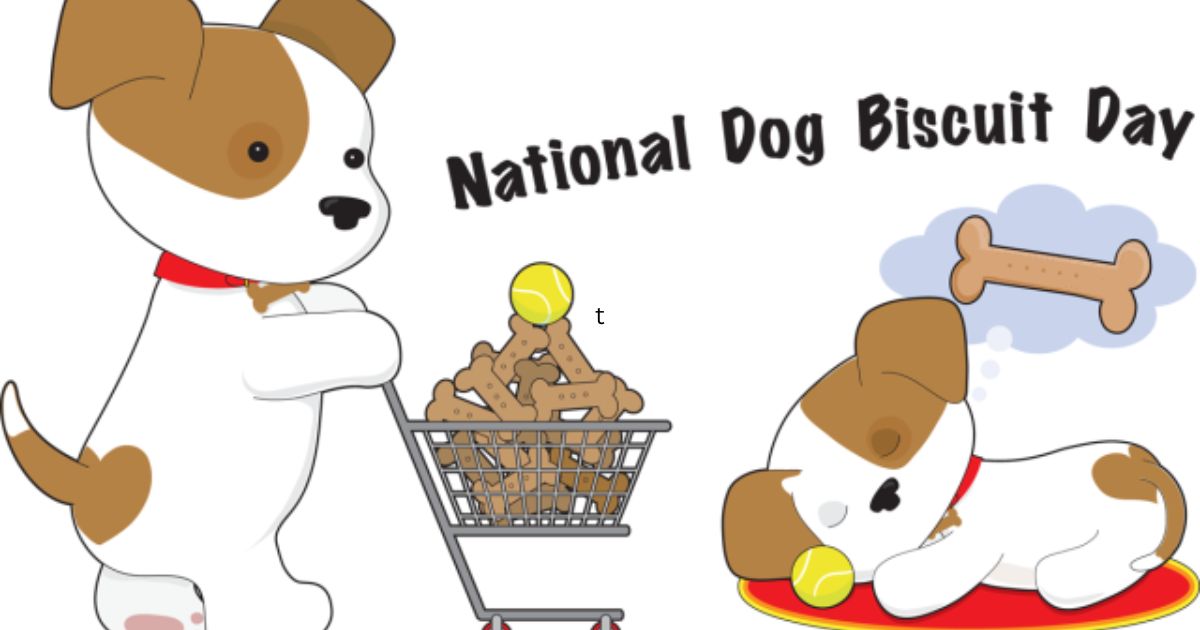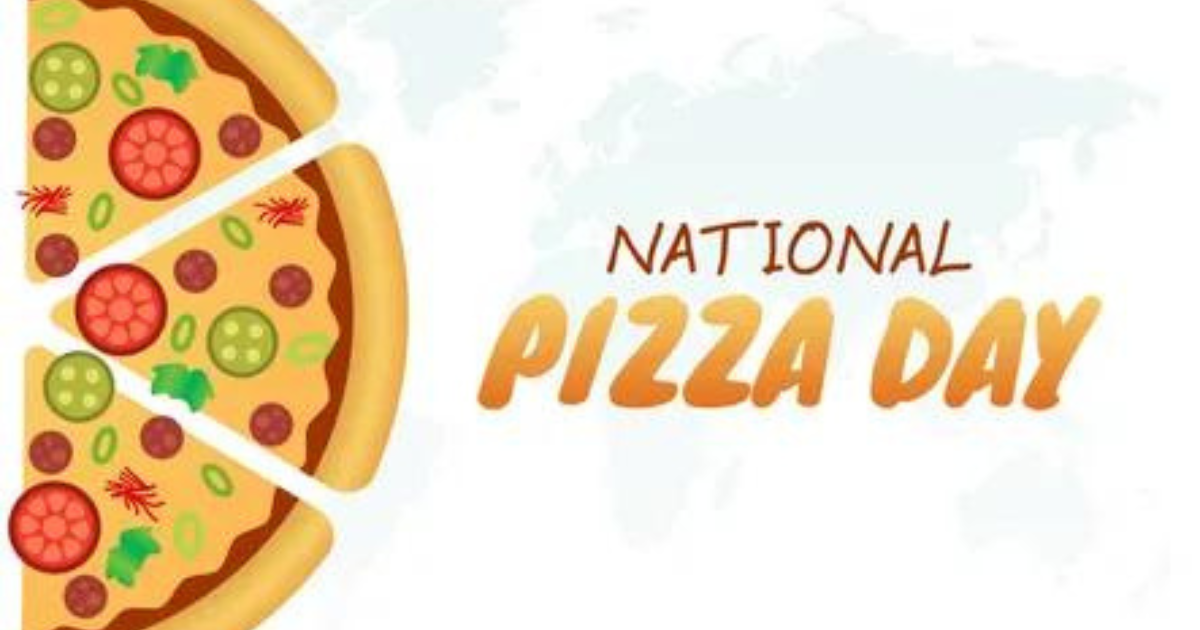Introduction:
Cheese, a versatile and beloved food, has found its way into the hearts and palates of people around the globe. Every year on January 20th, enthusiasts come together to celebrate “National Cheese Lovers Day.” This delightful occasion provides an opportunity for cheese connoisseurs to indulge in their favorite varieties, share their passion, and explore the diverse world of cheeses. In this article, we will delve into the origins of National Cheese Lover Day, the fascinating history of cheese, the diverse types available, and ways to celebrate this joyous occasion.
Read More : Digital News Planet
The Origins of National Cheese Lovers Day:
National Cheese Lovers Day didn’t just pop up out of thin air; it has a story, a purpose, and a growing community of cheese enthusiasts behind it. Let’s explore the origins and significance of this cheesy celebration.
The Inception:
National Cheese Lovers Day was first observed in the early 2000s as a grassroots initiative by cheese aficionados who wanted to dedicate a day to their beloved dairy delight. It quickly gained traction on social media platforms, and now, it’s celebrated globally with cheese-centric events, tastings, and gatherings.
Purpose:
The primary purpose of National Cheese Lovers Day is to bring people together to share their love for cheese, discover new varieties, and celebrate the rich history and cultural significance of this ancient food.
A Brief History of Cheese:
To truly appreciate National Cheese Lovers Day, it’s essential to understand the origins and evolution of cheese throughout history.
Ancient Beginnings:
Cheese-making can be traced back over 4,000 years to ancient civilizations. The discovery is often credited to the nomadic tribes who transported milk in pouches made from animal stomachs. The natural enzymes in these pouches caused the milk to curdle, leading to the accidental creation of cheese.
The Middle Ages:
Cheese production became more refined during the Middle Ages, with various European monasteries playing a significant role in developing and perfecting cheese-making techniques. Monks carefully documented their methods, contributing to the vast array of cheeses we enjoy today.
The Renaissance and Beyond:
As trade routes expanded during the Renaissance, cheese-making techniques and varieties spread across Europe. The art of cheese-making continued to evolve, leading to the development of iconic cheeses like cheddar, brie, and gouda.
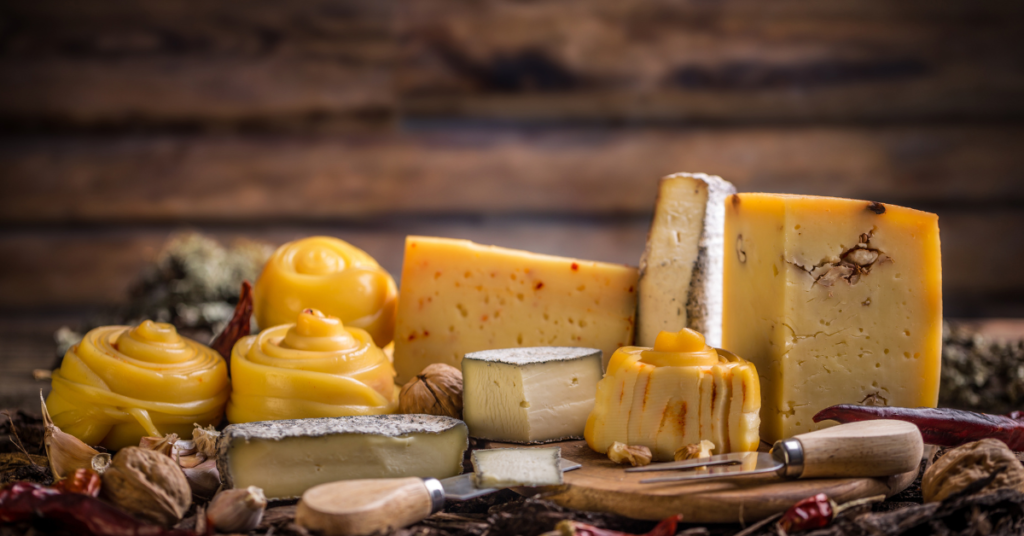
The World of Cheese: Types and Varieties:
One of the most exciting aspects of being a cheese lover is the sheer variety available. From soft and creamy to hard and pungent, there’s a cheese for every palate.
Soft Cheeses:
These cheeses, often characterized by their creamy texture, include favorites like brie, camembert, and goat cheese. They are perfect for spreading on crackers or enjoying with fresh fruit.

Hard Cheeses:
Hard cheeses, aged to perfection, boast intense flavors and textures. Cheddar, parmesan, and gouda fall into this category, making them ideal for grating over dishes or enjoying on their own.
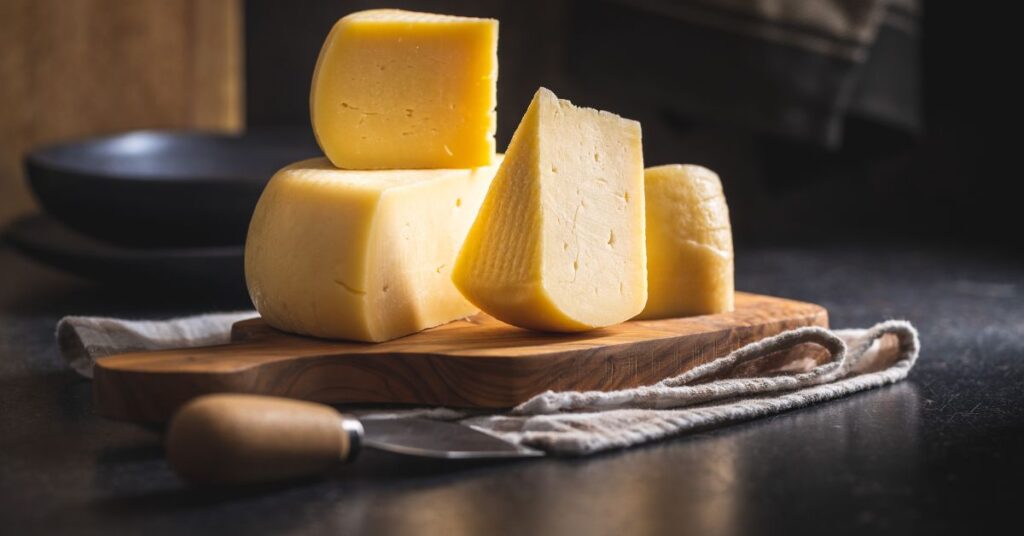
Blue Cheeses:
For those who crave bold and tangy flavors, blue cheeses like Roquefort, Gorgonzola, and Stilton are must-tries. These cheeses develop their distinctive blue veins through the introduction of mold during the aging process.
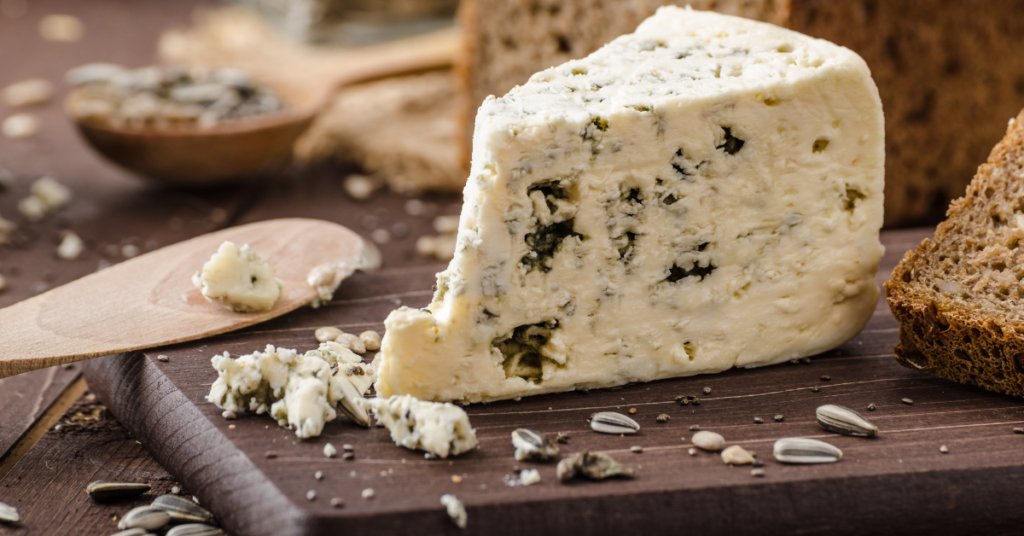
Unique and Artisanal Cheeses:
The world of cheese is vast and diverse, with artisans continuously experimenting to create unique and flavorful options. From truffle-infused cheeses to those aged in wine barrels, the possibilities are endless.
How to Celebrate National Cheese Lovers Day:
Now that we’ve explored the roots of National Cheese Lovers Day and the fascinating world of cheese, let’s discuss some delightful ways to celebrate this cheesy holiday.
Host a Cheese Tasting Party:
Gather friends and family for a cheese tasting extravaganza. Create a diverse cheese board with a selection of soft, hard, and blue cheeses, accompanied by various crackers, fruits, and condiments.
Try Your Hand at Cheese-Making:
Embrace your inner cheese artisan by trying your hand at making your own cheese. There are beginner-friendly recipes for fresh cheeses like mozzarella or ricotta that require minimal equipment.
Explore Local Cheese Shops:
Visit a local cheese shop or farmers’ market to discover artisanal cheeses crafted by local producers. Engage with the experts behind the counter to learn more about their offerings and recommendations.
Pairing Cheese with Wine or Beer:
Elevate your cheese experience by pairing different varieties with complementary wines or beers. The right pairing can enhance the flavors and create a delightful sensory experience.
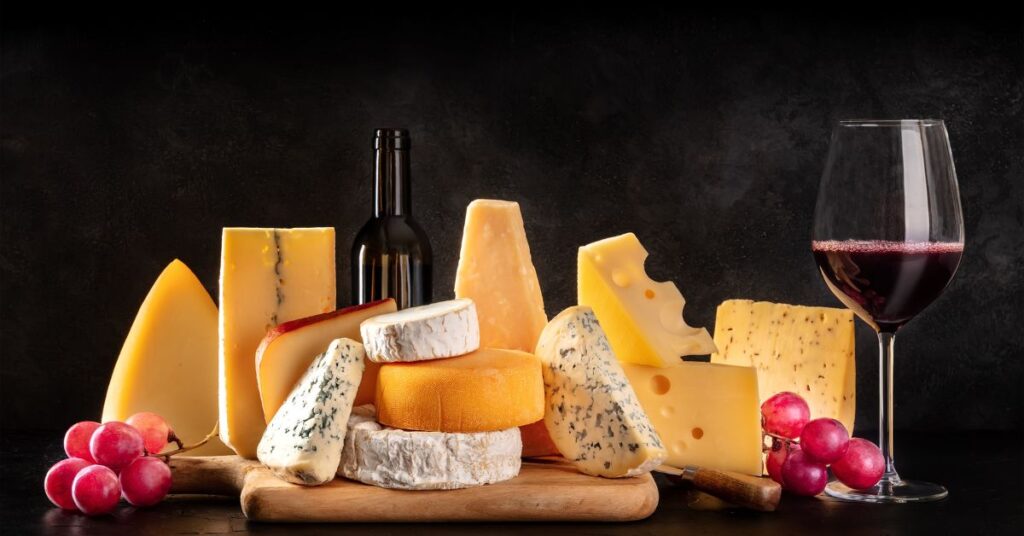
The Social Media Buzz:
In today’s digital age, social media plays a significant role in shaping trends and movements. National Cheese Lovers Day is no exception, with enthusiasts taking to various platforms to share their cheesy experiences.
Hashtags and Challenges:
Explore popular cheese-related hashtags on platforms like Instagram and Twitter to join the conversation. Participate in cheese-themed challenges, such as creating the most artistic cheese platter or sharing your favorite cheese pairing.
Virtual Cheese Events:
In the age of virtual gatherings, consider joining online cheese events or webinars hosted by cheese experts. These virtual experiences allow you to connect with fellow cheese lovers from around the world.
The Impact on Health: Pros and Cons of Cheese Consumption:
While cheese is a delicious and versatile food, it’s essential to consider its impact on health. Here, we’ll explore both the positive and potentially negative aspects of incorporating cheese into your diet.
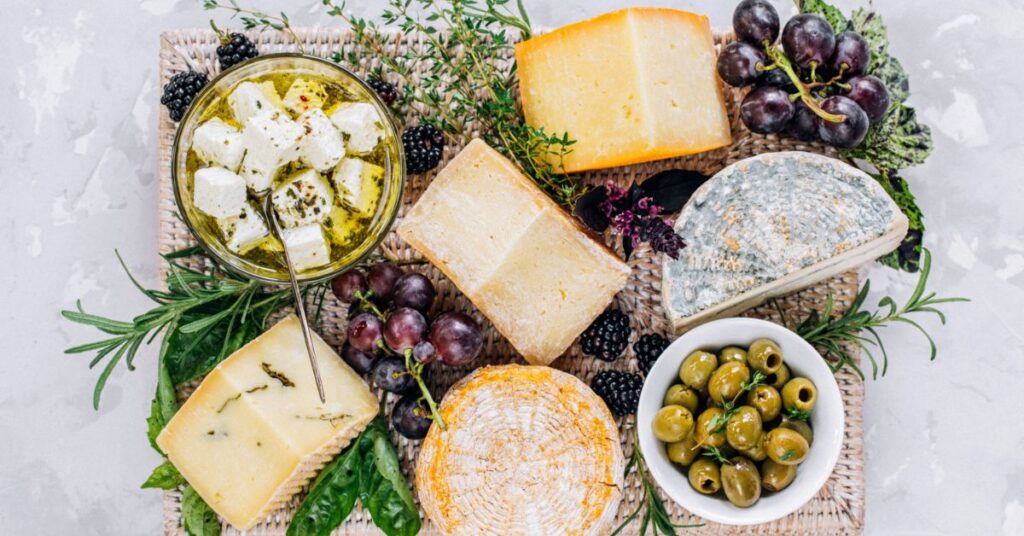
Pros / Benefits
- Rich in Nutrients: Cheese is a good source of essential nutrients such as calcium, protein, and vitamin B12.
- Bone Health: The calcium content in cheese contributes to maintaining strong and healthy bones.
- Probiotics: Some types of cheese, especially those that are fermented, contain probiotics that promote gut health.
- Satiety: The high protein and fat content in cheese can contribute to a feeling of fullness and satisfaction.
Cons / Drawbacks
- High in Saturated Fat: Many cheeses, especially full-fat varieties, can be high in saturated fat, which, when consumed in excess, may contribute to cardiovascular issues.
- Caloric Density: Cheese is calorie-dense, and overconsumption can lead to an imbalance in daily caloric intake.
- Lactose Intolerance: Some individuals may be lactose intolerant, making certain cheeses difficult to digest.
- Sodium Content: Certain cheeses can be high in sodium, which may contribute to elevated blood pressure in sensitive individuals.
Conclusion:
As we celebrate National Cheese Lovers Day, it’s crucial to savor the joy and cultural richness that cheese brings while being mindful of its impact on health. Moderation is key, and with a thoughtful approach, cheese can be enjoyed as part of a balanced and flavorful diet. So, on January 20th, let’s raise a glass (and a cracker) to Cheese Lovers Day, celebrating the diversity and delectability of this beloved dairy delight.
FAQs
-
What is National Cheese Lovers Day?
National Cheese Lovers Day is a day to celebrate cheese and all the joy it brings to our lives.
-
When is National Cheese Lovers Day?
National Cheese Lovers Day is celebrated on January 20th every year.
-
What are the health benefits of cheese?
Cheese is a great source of calcium, protein, and other essential nutrients. It is also a good source of vitamin B12 and conjugated linoleic acid (CLA), which has been shown to have anti-inflammatory properties and may help prevent obesity and heart disease.
-
What are the cons of cheese?
Cheese is high in fat and calories and can lead to weight gain and other health problems if consumed in excess. Additionally, some people are lactose intolerant and cannot digest dairy products like cheese.
-
What are the cons of cheese?
Cheese is high in fat and calories and can lead to weight gain and other health problems if consumed in excess. Additionally, some people are lactose intolerant and cannot digest dairy products like cheese.
-
What are the effects of cheese on health?
Cheese has both positive and negative effects on health. On the one hand, it is a good source of calcium and other essential nutrients. On the other hand, it is high in fat and calories and can lead to weight gain and other health problems if consumed in excess. Additionally, some people are lactose intolerant and cannot digest dairy products like cheese.


